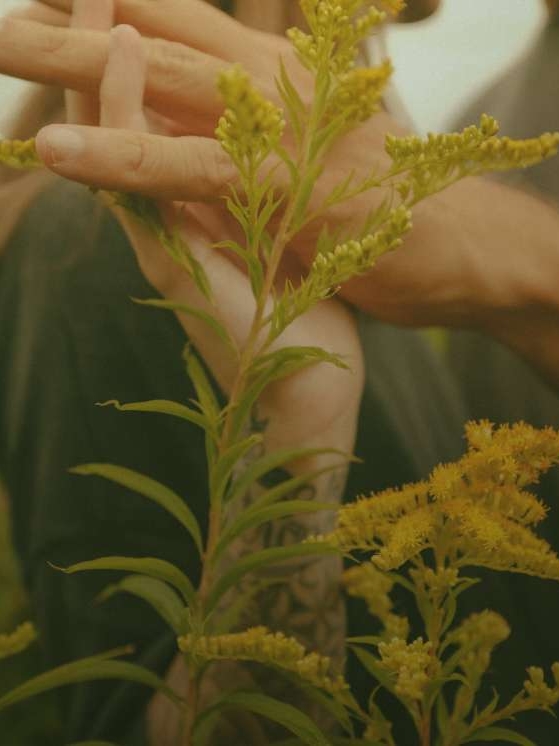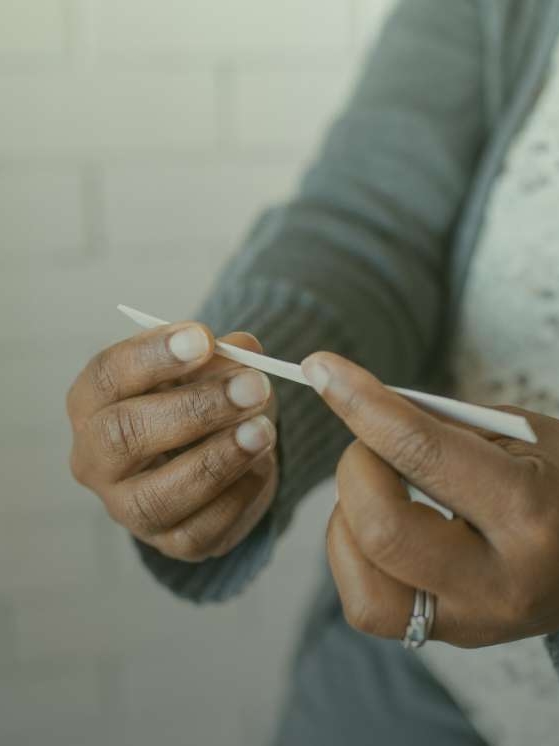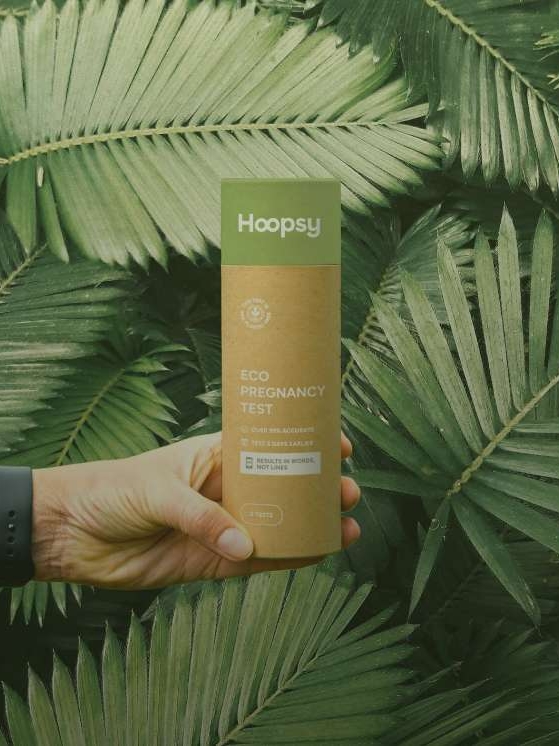Your doctor has referred you to an IVF clinic, or you have decided to make an appointment directly with them. Usually, you have to pay for each appointment, so how can you make sure that you get all the information you need from the appointment? Making a list of questions to ask your IVF doctor and going to the appointment with them is the best way forward. It may seem a bit dorky, but it can be hard to remember when you are in the appointment whilst emotions are often running high. Here are a few suggested questions to add to your list….
1. What Tests Are Needed Before I Start?
I know when I mentioned wanting to do IVF to my GP she immediately sent me for all the tests that the fertility doctor would ask for, to save me time. This did save me some time, but there were other tests that had to be carried out such as the genetic screening because I was using a donor sperm. There may be extra things that the doctor will want to check depending on your situation.
2. How Long Does The Process Take?
In my case, my first appointment was in August, and I had my egg harvesting in November; this was apparently quick. I am sure it depends on your personal situation as well. You might need extra tests; there are so many moving parts to get right that it does take time, but if you do have to go again, subsequent cycles will be quicker. If you are using donor sperm, this can slow down the process for you, in that there may not be donor sperm available for you to use, and you have to wait until some become available.
3. What Are The Chances Of Me Getting Pregnant Via IVF?
It might not be a question you want to know the answer to, but you must understand that it isn’t a 100% guaranteed result. For me, with my own eggs, the chance was about 2%, but then when I used a donor embryo, the chance of a live birth rose to over 50%. The highest chance you will have to conceive naturally is 20% and that’s when you are at your peak fertility, around 18 years old.
4. What Is The Clinic’s Success Rate For Live Births?
Ultimately, you are undergoing IVF to have a baby, so you want to know the success rates that the clinic has with live births, not embryo transfers or pregnancies. Usually, you can ask for your age group as well if you are using your own eggs or donor eggs.
5. Is There Anything I Can Do Before We Start To Make It More Successful?
When I underwent egg harvesting, I didn’t ask this. My fertility doctor recommended a few, but since I have found out about many other resources that you can use to research what kind of supplements to take, your diet, exercise, etc. There are so many things you can do to make things more successful, like eating chips or pineapple which are probably old wives’ tales or acupuncture, so it depends on what you believe works.
6. Are There Any Additional Costs That You Haven’t Mentioned?
Usually, medication is not covered, and it can be a bit of a shock to find out how much it is, depending on what you are taking and for how long. There may be other tests that are charged for, and also every consultation with the IVF fertility doctor will usually be charged for. Interestingly, in Australia, I paid for every doctor’s appointment, but in Spain, they were all included in the procedure. This is definitely one of the good questions to ask your IVF doctor because the extra expenses can really start to add up.
7. Will I Have A Dedicated Contact Person?
Rather than having to go through your history with each nurse/doctor, it is much easier if you have one person who knows you and your story.
8. If You Need A Sperm Donor Ask About Their Donors
I used IVF Australia for my egg harvesting and I did ask about sperm donors, but never really got a straight answer as to how many donors they had. It wasn’t until I got given access to the donor registry that I saw that there were only 13 donors on the registry and of those 12 were Asian, which wasn’t going to work for me. This was partly due to low sperm donations during COVID, but I got the impression that caucasian sperm donors were hard to come by anyway. This is mostly due to the fact that it takes six months from when the guy says yes to being a donor to the sperm becoming available.
About Hoopsy
Hoopsy is on a mission to make healthcare more sustainable—starting with eco pregnancy test kits. Our plastic-free, paper-based hCG pregnancy test strips reduce waste without compromising accuracy. We believe better health starts with better choices—for you, and for the planet.
Learn More About…








